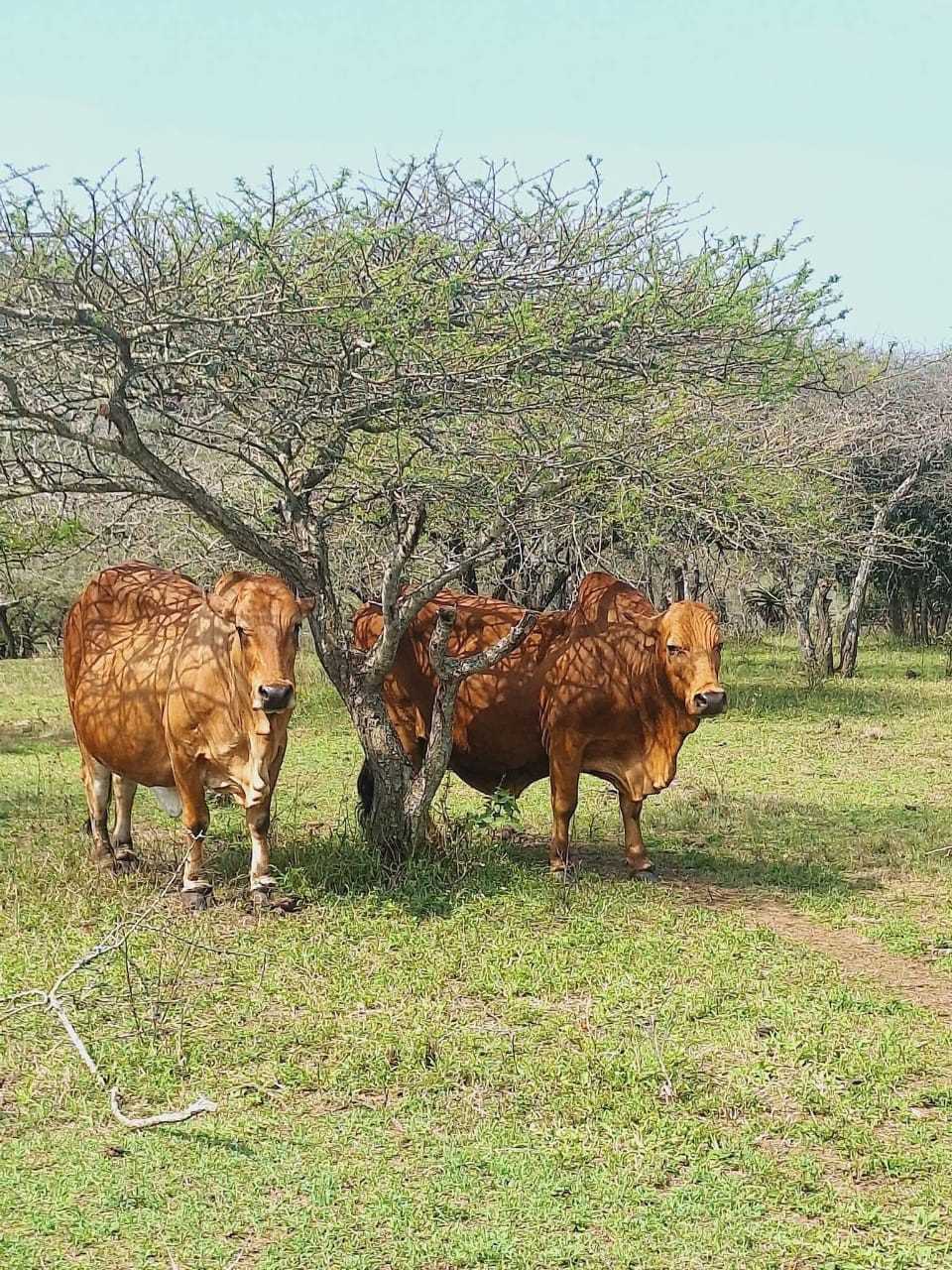
Philemon Jambaya
African Countries have come out guns blazing against the decision by the House of Commons in the United Kingdom to come up with a Bill which prohibits imports of trophies in Great Britain.
The Hunting Trophies (Import Prohibition) Bill aims to prevent British big game hunters from bringing back to the UK body parts of animal species, including lions, rhinos, elephants and polar bears.
It is not proposing a ban on animal exports.
According to the Bill, it will help to protect nearly 7,000 species, but researchers have disputed that figure, saying "even if all the species in the relevant appendices were counted, that totals around 5,800 species: the vast majority of which are not trophy hunted and so would not be protected in any real way under the ban".
Tory MP Henry Smith first introduced the legislation, which is now in its report stage.
More than 30 amendments have now been tabled against the legislation, 26 of which were made by Conservative backbencher Sir Christopher Chope.
Related Stories
Critics of the Bill say the profits from blood sports are used to pay for conservation projects in African countries, where hunting is widespread and ultimately help to protect wildlife.
The high commissions of Namibia, South Africa, Zambia and Botswana, in London, issued a joint statement on Wednesday in favour of hunting in Africa provided it is practised "sustainably".
"What advocates for a UK ban on the importation of hunting trophies should appreciate is that hunting in Africa, when practised sustainably, feeds families, puts children through school, funds anti-poaching units and, ultimately, secures the long-term viability of the habitats and species we all care about so much," the statement said.
Their statement comes after reports that some African nations were angered by a lack of discussion over the proposed legislation.
Zimbabwe Parks and Wildlife Management, a parastatal which oversees the welfare of wildlife in Zimbabwe, was also angered by the Bill with its Spokesperson Tinashe Farawo arguing that this ban is just aimed at punishing developing countries and undermining sovereignty and it is just being done without any meaningful evidence.
“The ban is a direct attack on our sovereignty as the bill fails to recognise that there are several geographically differentiated wildlife populations, this one size fits all does not work and it must not apply.
“A ban on high-value wildlife disregards successful wildlife management regimes being done in the country, local communities livelihoods realities like cushioning damages caused by wildlife such as elephants and lions.
“We have been talking about human-wildlife conflicts, our communities are affected by this and we are not benefiting,” argued Farawo.




















Leave Comments